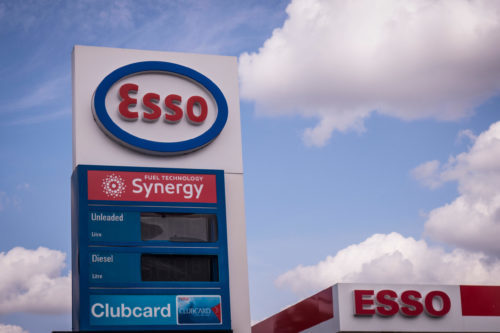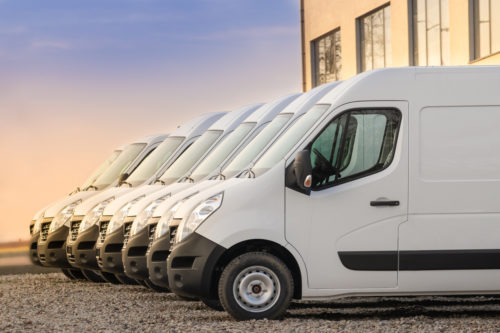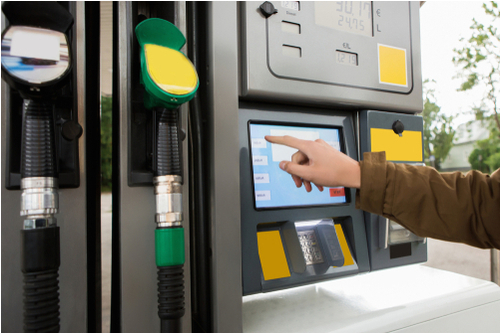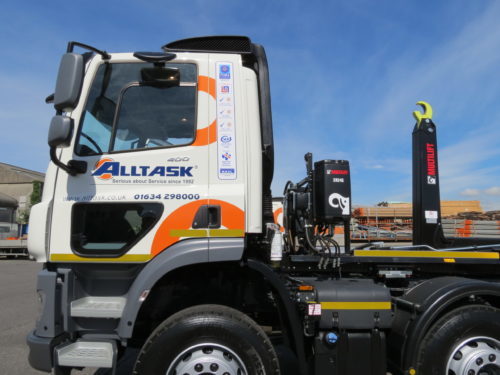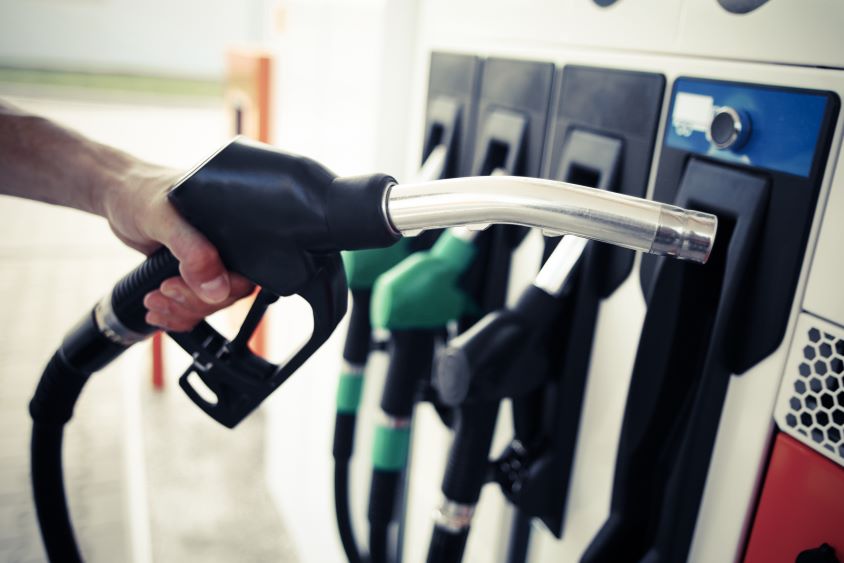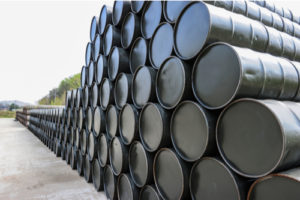The location where you use your fuel card depends on the type of vehicle your fleet drivers drive and their whereabouts.
Some may have localised coverage, and others may have national coverage.
What Is a fuel card in the UK?
A fuel card is a payment card that allows users to purchase fuel and other vehicle-related expenses at participating service stations. Fuel cards are similar to credit cards but are only used to buy fuel.
Click here to see what else you can buy on a fuel card.
Doing a fuel card audit to determine UK fuel card locations
Fuel card audits allow fleets to determine whether they have the correct coverage for their needs. This includes controlling where they can use their cards geographically, down to the different types of fuel stations where they can use them.
Fuel card audits are also helpful because they ensure compliance with company policies and procedures.
How does a fuel card work?
We offer the UK Fuels fuel card at Fuel Card Services. You can use it by following the steps below:
- Find a fuel station that accepts the card
- Fill up your vehicle
- Present your card to the cashier
- Enter your PIN or sign for the transaction
- The cashier may ask for your vehicle registration and mileage
- The transaction will be logged on your account and appear on your next invoice
Where can I use my UK fuel card
Below are some UK fuel card locations where you can use your UK fuel card using the steps above.
- Access to over 2,950 sites and accepted at a selection of BP, Shell, Esso, Texaco, and independents on the UK Fuels network.
- Accepted at all Morrisons, Tesco, and Co-op sites
Types of fuel cards
Fuel cards come in different types, broadly categorised as branded, universal, and prepaid.
Branded cards are specific to a particular fuel network, while universal cards offer access to multiple stations. Prepaid cards have a fixed value preloaded. Depending on their fleet composition, businesses may also consider diesel-specific or mixed-use cards.
Branded fuel cards
Specific fuel brands like Shell, BP, Esso, or Texaco issue these. They offer access to that brand’s network of stations and may sometimes offer discounts or rewards.
Universal fuel cards
These cards are accepted at a broader range of fuel stations, including those of major brands and independent operators. Businesses often prefer them with a diverse fleet or those that travel frequently.
Prepaid fuel cards
These cards have a fixed amount of fuel preloaded, and the value can be used like cash to pay for fuel purchases. Small businesses or those with less complex fuel management needs often use them.
Diesel-specific cards
These cards are designed for diesel fuel and may offer benefits like fixed prices or discounts on diesel purchases.
Mixed-use cards
These cards can be used for both petrol and diesel fuel.
Fuel cards for different locations
It is essential to have places where you can use your fuel card. Below is a list of locations where you can use different fuel cards.
Supermarket fuel card
If your fleet consists of cars or vans completing inner-city journeys, a supermarket fuel card might be the best option for your fleet. With these supermarket fuel cards, you can also collect supermarket points as a bonus.
For inner-city fuel stations that aren’t supermarkets, a fuel card that allows you to use independent fuel stations may be the best option.
Motorway fuel card
Fleet drivers using motorways and A-roads may need a card with locations around these roads and services.
Choosing a UK fuel card that includes these roads will make refilling your fleet mid-journey easier.
For haulage fleets that rely on HGV sites, a fuel card with access to HGV fuel stations will be the optimal solution, particularly for time-saving. HGV sites are strategically placed on major trunk roads such as A-roads and motorways for ultimate convenience.
Do you still need more information? Click here to find the best fuel card for your small business.
Fuel card benefits
- Save up to 10p per litre on diesel at participating motorway sites
- Competitive fixed weekly price on diesel available at 1,800 sites across the UK
- Free fuel management reports are available online 24/7
- Receive free price notifications via email in advance for the following week
- Collect Tesco Clubcard points across all Tesco forecourts
- Avoid unauthorised purchases with cards restricted to fuel and lubricants only
- Access to high-quality fuels from Shell, Texaco, Esso, and BP
- Interest-free credit is available
Which fuel card is best?
There isn’t one “best” fuel card, as the ideal choice depends on your needs and priorities. Factors to consider include network coverage, pricing structure (fixed price vs. pump price discounts), and features like online portals and additional benefits.
To find the best fuel card for your business:
Assess your needs
Consider your fuel consumption, the size of your fleet, and the regions your drivers travel in.
Compare providers
Research different fuel card options and their features, network coverage, and pricing models.
Factor in costs
Consider any fees, monthly charges, or minimum usage requirements.
Read reviews
Look for feedback on reliability, customer service, and ease of use.
Tailor your choice
Select the card that best aligns with your business’s specific requirements and budget.
Can anyone get a fuel card?
Fuel cards are primarily designed for businesses and self-employed individuals who use vehicles for business purposes. They are not intended for personal use.
How much does a fuel card cost?
Fuel cards have varying costs. Many providers charge an annual fee, typically around £20 per card. Some fuel card companies also require a monthly minimum spend.
Fuel card pump locator
Sign up for our pump locator to save time and quickly find your nearest site.
You may also find our pump locator on our Drivers Club app, access premium services and big brand offers, receive the latest driving trends, and receive essential announcements on our Drivers Club app.
How to get a fuel card from Fuel Card Services?
Click here for more information on the UK Fuels card.
If you are interested in the card, fill out this quick form, and a member of our expert team will contact you shortly.


